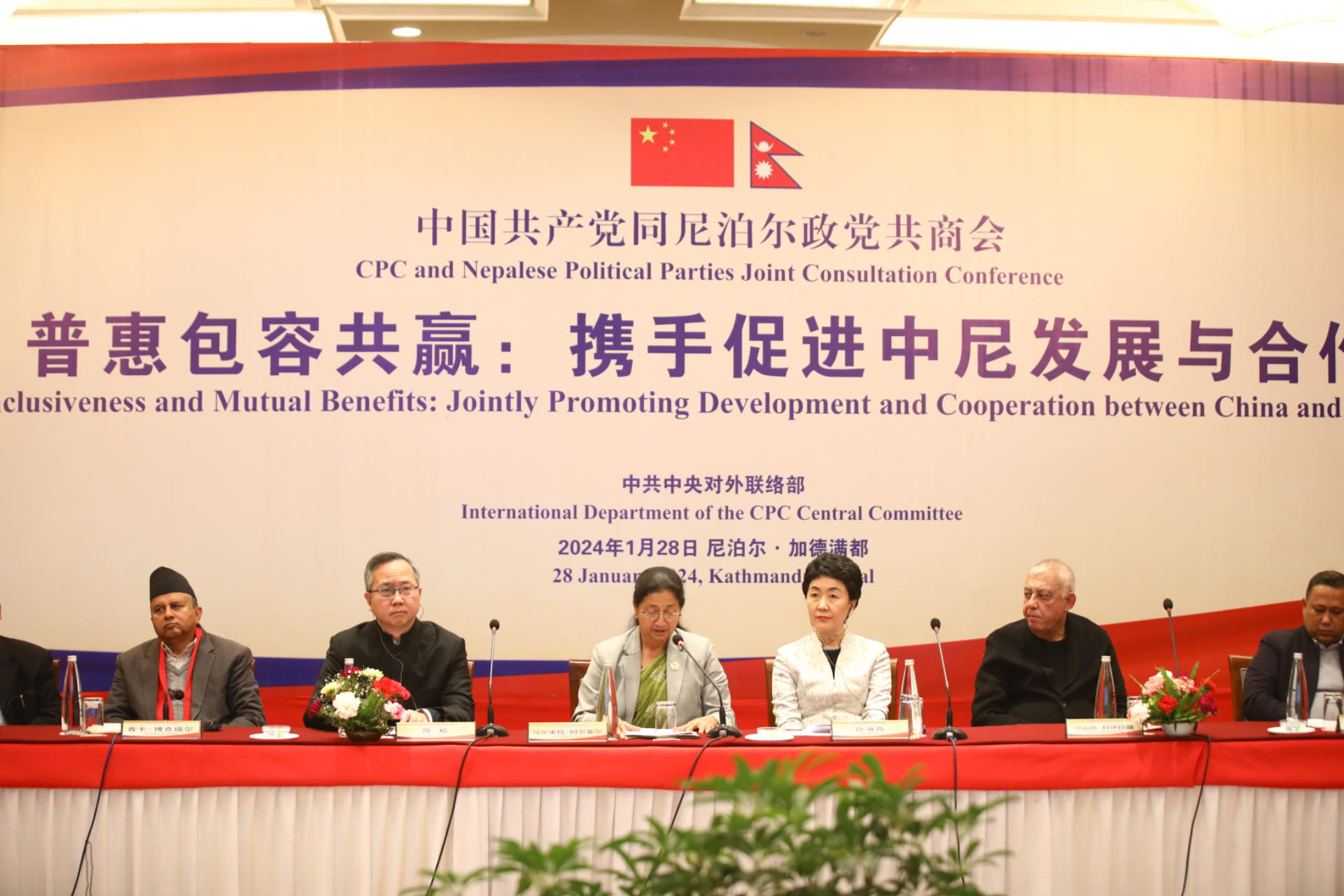Chinese Wolf Warrior Diplomacy Infiltrates Nepal

Kathmandu in Crisis?
Nepal's sovereignty faces a growing threat – not from military might, but from a subtler form of pressure: Wolf Warrior diplomacy. This aggressive tactic, employed by Chinese diplomats, aims to manipulate Nepali leaders and public opinion in favor of China's interests.
What is Wolf Warrior Diplomacy?
Wolf Warrior diplomacy is a term coined to describe China's recent shift in foreign policy. It's a more assertive and often confrontational approach, named after popular Chinese action films featuring aggressive heroes. Chinese diplomats using this strategy employ sharp rhetoric, public criticism, and strong-arm tactics to defend China's national interests and promote its global agenda, like the Belt and Road Initiative (BRI).
The Pokhara Airport Fiasco: A Case Study in Wolf Warrior Tactics
The January 2023 inauguration of Pokhara Airport exemplifies this trend. During the ceremony, Chinese Ambassador Chen Song claimed the airport was part of China's BRI. This statement was demonstrably false. While financed by Chinese loans, the airport is a separate project.
Silence Speaks Volumes
Nepali officials, including the Prime Minister, remained silent during Ambassador Song's misleading speech. This lack of response raises concerns. Nepali leadership might be too timid to challenge China's narrative, even when it contradicts the facts.
Wolf Warrior Tactics on Display
The behavior of Chinese Vice Minister Sun Haiyan during her Nepal visit further highlights Wolf Warrior diplomacy. Her itinerary wasn't limited to top politicians. She met with "second-tier leaders" and even self-proclaimed intellectuals. This suggests an attempt to bypass established channels and influence public opinion directly.
Dictating, Not Discussing
Perhaps most concerning is Vice Minister Haiyan's "authoritative instructions" to support BRI and suppress "anti-Chinese discussions" like the potential for debt traps. This blatant disregard for Nepal's right to free speech exposes the true nature of Wolf Warrior diplomacy – it's not about collaboration, but about control.
Consequences of Inaction
Nepal's silence in the face of such tactics weakens its position and sets a dangerous precedent. If left unchecked, future Chinese diplomats may feel emboldened to act with even greater impunity.
Restoring Sovereignty, Reclaiming Voice
Nepal needs to assert itself. Its leaders must remind Chinese diplomats of diplomatic decorum and defend the nation's right to independent decision-making. Additionally, fostering informed public discourse is crucial to counter any attempt at manipulating public opinion.
Nepal's future rests on its ability to stand firm and advocate for its own interests.
China In Nepal



![From Kathmandu to the World: How Excel Students Are Winning Big [Admission Open]](https://nepalaaja.com/img/70194/medium/excel-college-info-eng-nep-2342.jpg)
